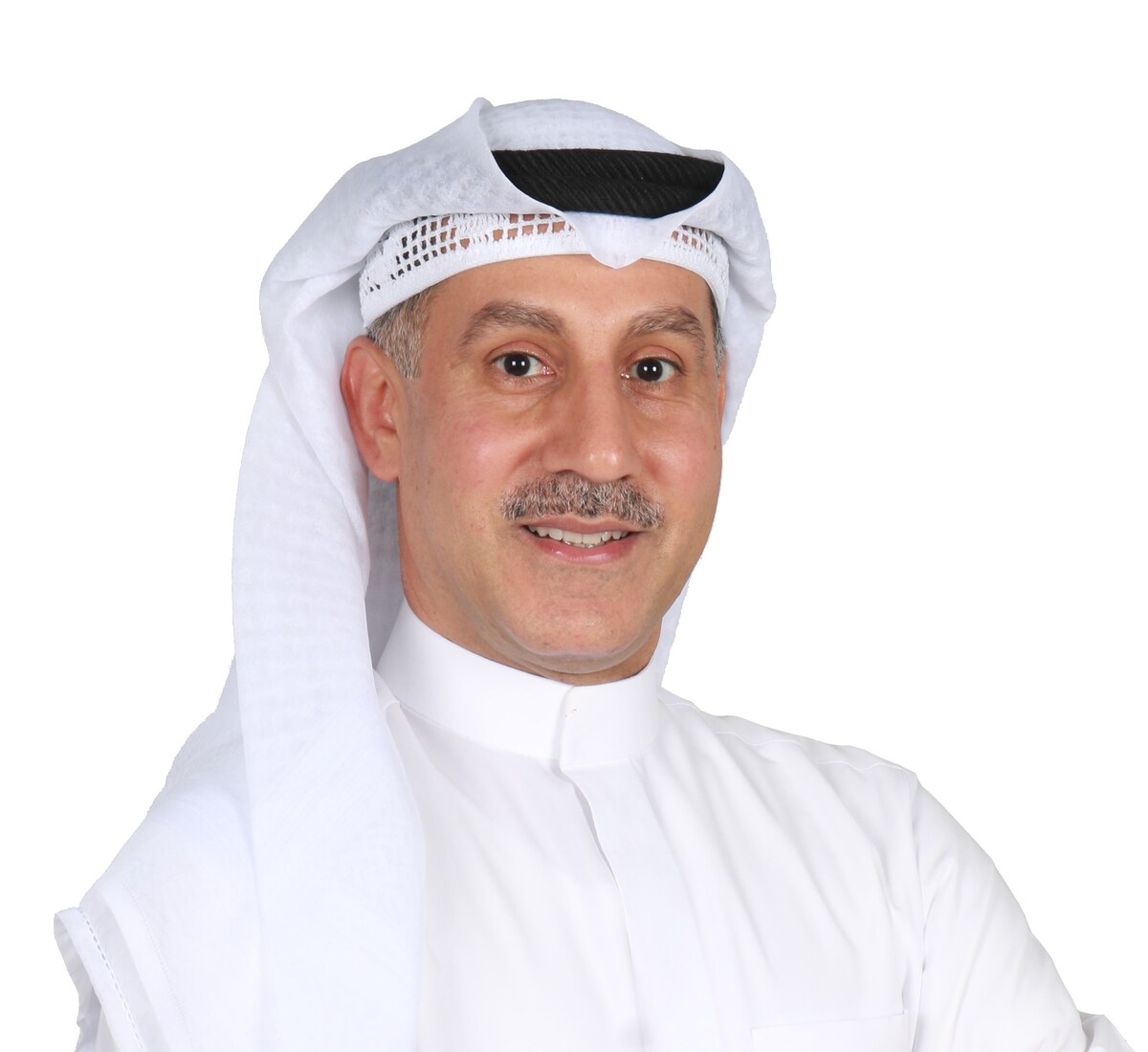RIYADH: The inclusion of a date palm edged by crossed swords in the Saudi emblem reflects the deep-rooted cultural and economic value attached to the fruit in the Kingdom.
Symbolizing the essence of Arabian hospitality and holding a fundamental role in the daily life of people in the Kingdom, it is little surprise that over the past few years Saudi Arabia has worked on international and local initiatives that have contributed to raising the market value of dates.
This has led to the establishment of the National Center for Palms and Dates and the International Dates Council, with the membership consisting of 11 producing countries.
There are more than 33 million palm trees in Saudi Arabia — representing 27 percent of the total number in the world — while the number of palm agricultural holdings in the Kingdom has reached 123,000.
According to Market Research Future, the date market is projected to grow from $120 million in 2023 to $220 million by 2032, reflecting a compound annual growth rate of 5.22 percent.
Global and local initiatives’ contribution to elevating the dates market value
Saudi Arabia is actively promoting its dates as a top-tier product in global markets through various channels.
Engagements in worldwide food expos like Gulfood and SIAL, alongside targeted campaigns, have boosted recognition and interest in the fruit.
By emphasizing the country’s rich cultural and historical ties to dates, these branding initiatives are amplifying the attractiveness of Saudi dates to a broader audience.
According to Ibrahim El-Basyoni, a plant breeding and genetics research scientist at King Abdullah University of Science and Technology, the Kingdom is bringing together date-producing and consuming nations to promote the global industry.
“It has facilitated knowledge exchange, trade partnerships, and coordinated efforts to position dates as a staple food worldwide,” El-Basyoni told Arab News.

Ibrahim S. El-Basyoni, plant breeding and genetics research scientist at King Abdullah University of Science and Technology. (Supplied)
“It also advocates for increased global consumption of dates by highlighting their nutritional benefits,” he added.
Saudi Arabia is also advancing date cultivation through research, development, and farmer training programs.
El-Basyoni shed light on how the country advocates the adoption of modern agricultural techniques and sustainable practices to significantly enhance the production and quality of dates.
“Through collaborations with Saudi entities, KAUST is working to preserve Saudi Arabia’s historic date palm cultivars by creating an electronic date palm atlas. Additionally, the collaboration aims to boost production by introducing improved cultivars and implementing advanced agricultural practices and technologies, such as regenerative and smart agriculture,” he said.
Zooming into specific regions in the Kingdom, dates are the strongest agricultural asset in AlUla due to their economic value and dominance.
In fact, the Royal Commission for AlUla’s strategy includes a dedicated pillar for dates, with a vision to elevate the international profile of dates from the region, particularly the AlUla Barni variety.
Abdullah Al-Hameid, director of the agriculture center at RCU, explained that this is primarily supported by enabling initiatives focused on adopting efficient and resource-sustainable production practices.
There is also a drive to achieve research and innovation excellence in Barni production, establish AlUla dates as a benchmark of quality internationally, and expand date processing capabilities and diversify value-added product portfolios.
“These align with Saudi Arabia’s vision to sustainably develop agriculture. The RCU Agriculture Strategy is fully synchronized with the national agenda and sectoral strategies, ensuring RCU contributes to these goals,” Al-Hameid said.

Abdullah Alhameid, director of the Agriculture Center, Royal Commission for AlUla. (Supplied)
“RCU has established a partnership with the National Center for Palms and Dates, which has proven successful over the past five years. This includes NCPD’s involvement in organizing the AlUla Dates Festival and the development of export guidelines for AlUla Mabroom dates,” he added.
The dates auction in AlUla marked the initial stage of NCPD’s Seasonal Dates Market, designed to lay the foundation for trading in Saudi Arabia, positioning AlUla as a benchmark for other regions in the country.
Enhanced marketing strategies, both domestically and globally, have elevated the worth of AlUla dates.
“Marketing improvements, locally and internationally, have boosted the value of AlUla dates. The 2024 Dates Auction demonstrated remarkable progress, with over 800 participants — a 45 percent increase in farmer participation,” Al-Hameid said.
The scientist added: “The auction recorded sales of 1.7 million kilograms of dates, generating SR8.8 million ($2.34 million). Additionally, 2.3 million kilograms were sold outside auction, adding SR12 million.”
He went on to explain how over the years, the average price per kilogram rose from SR6.7 in the first 2021 auction to SR10.3 in 2023, with Mabroom dates fetching SR 50 per kilogram.
“To celebrate the diversity of AlUla’s agriculture, the Dates Festival has been integrated into AlUla’s Fresh Produce Season. This includes the Summer Fruits Season, Dates Season, Peregrina Season, and Citrus Season,” Al-Hameid said.
“AlUla Fresh Produce Season showcases AlUla’s agricultural products and raises global awareness of an internationally recognized brand for AlUla products, enhancing their appeal and entry into new markets,” he added.
Al-Hameid cited RCU’s recent sponsoring of a pioneering export trial to facilitate the entry of AlUla Mabroom dates into Germany as an example of trying to expand sales across Europe.
How Saudi Arabia is leveraging the country’s global palm tree population to lead industry
Saudi Arabia’s role as home to a significant portion of the global palm tree population offers a strong foundation for the Kingdom to lead the industry.
With this comes a responsibility to pioneer environmentally friendly date farming practices, meaning the Kingdom is prioritizing enhancing resource efficiency — particularly in water usage — and implementing advanced agricultural practices to maximize production and ensure sustainability.
From KAUST’s point of view, a key initiative is the introduction of the Saudi Dates Mark, a quality certification that guarantees compliance with international food safety and quality standards.
“This certification will enhance the global reputation of Saudi dates as a premium product. Additionally, efforts to promote iconic varieties such as Ajwa, Majdool, Sukkary, and Khalas have further boosted their appeal in competitive international markets,” El-Basyoni said on KAUST’s behalf.
Saudi Arabia’s export strategy emphasizes meeting global market preferences by offering organic and value-added date products, including date syrup, date paste, and date-based snacks.
“Collaborative efforts with KAUST are driving innovation in the industry by improving productivity, combating pests, and ensuring the long-term sustainability of palm cultivation,” El-Basyoni said.
The Kingdom also actively participates in international forums and exhibitions to position Saudi dates as a key player in the global food market.
Beyond traditional offerings, Saudi Arabia is expanding into value-added products, such as energy bars, health supplements, and premium gift packaging.
“These innovations cater to a diverse range of consumers, including health-conscious individuals and luxury markets. Advanced packaging and processing technologies have further extended the shelf life of dates and improved convenience, aligning with the evolving demands of international consumers,” the KAUST representative highlighted.
Potential growth opportunities that Saudi Arabia envisions for its date industry
Saudi Arabia envisions substantial growth opportunities for its date industry, both domestically and internationally, as it seeks to position itself as a global leader in production and trade of the fruit.
These initiatives and research goals are strongly aligned with Saudi Vision 2030, which focuses on economic diversification and increasing non-oil exports.
From KAUST’s point of view, by prioritizing the date industry, these efforts leverage Saudi Arabia’s natural resources and cultural heritage to support the vision’s objectives.
“The growth prospects for the date industry, spanning value-added product innovations, international market expansion, sustainability, and cultural preservation will underscore its vital role in the Kingdom’s economic transformation,” El-Basyoni said.
Meanwhile, RCU is committed to enhancing recognition of AlUla dates through best-in-class practices, leveraging research and development, improving market access, and building superior processing capabilities.
According to Al-Hameid, when it comes to adopting efficient and resource-sustainable production practices, RCU is spearheading the AlUla Irrigation Transformation Project to introduce advanced water-saving techniques, phasing out flood and surface irrigation.
The entity is also developing Good Agricultural Practices and organic production standards, he said, adding: “In 2024, the RCU Agriculture Center held over 95 training sessions for more than 1,500 date farmers in 18 villages on best agriculture practices.”
The director explained that this contributed to achieving an extra 250 Saudi Date Mark, ensuring compliance with the NCPD standards.
“We aim for 70 percent of AlUla dates to be accredited and certified by 2035,” Al-Hameid said.
“The Integrated Pest Management program ensures the health and economic viability of date farms. In 2024, approximately 2 million date palm trees have been surveyed and managed as per international pest control standards to ensure compliance with demand for high-quality dates that match food safety requirements,” he added.
Another key area is achieving research and innovation excellence in Barni production, while expanding processing capabilities and diversifying product portfolio are also in focus.
“RCU is developing two advanced processing facilities (Farmers Hubs) for AlUla dates, focusing on enhancing the value of by-products and creating new value-added products for lower-quality dates to maximize value,” he concluded.

































